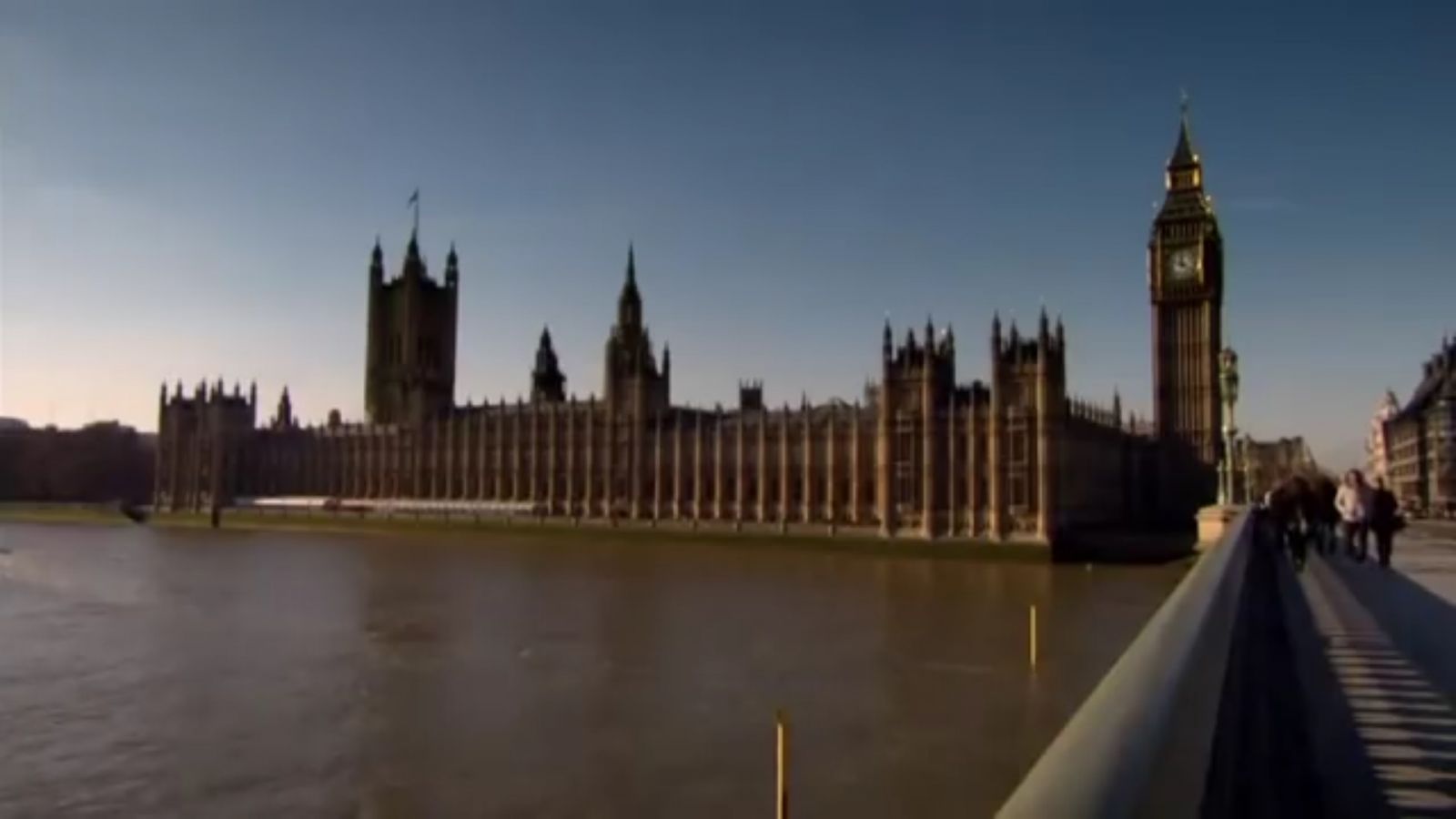Surveys
HNW Individuals' Confidence In UK Economy Hits Record Low

UK wealth management firm Saltus has just released its latest Saltus Wealth Index Report, studying the views of high net worth individuals in the UK. It provides a barometer of the confidence and concerns that this group has about the UK economy and their own financial circumstances.
Confidence in the UK economy has halved in less than six months among high net worth individuals (HNWIs), according to the latest Saltus Wealth Index Report published this week.
Now in its seventh edition, Saltus surveyed 2,000 people online in January 2025, with assets of £250,000 ($313, 000) or more. The latest Index level has fallen by 13 per cent to 58.2 from 66.9 when the index was last published in August 2024, and down 10 per cent from the 64.4 recorded a year ago. The latest figure represents a record low since the Saltus Wealth Index was first published, with the drop in confidence in the UK economy being the biggest cause of the fall, the survey reveals.
Fewer than half (48 per cent) of HNWIs now have confidence in the UK economy, a drop from 84 per cent in August. This is the lowest level of confidence ever recorded by the Saltus Wealth Index Report, which has been tracking HNWIs’ confidence in the UK since 2021. The Index – a measure calculated in partnership with Dr Michael Peacey of the University of Bristol – has now fallen below the previous low of 59.5 recorded shortly after the infamous Liz Truss Budget in 2022.
A third of HNWIs said they feel unconfident, with those who say they are very confident falling from 38 per cent to just 19 per cent, another all-time low. This is the highest level of negative sentiment ever recorded.
Majority of HNWIs regret voting Labour
These confidence levels align with HNWIs’ views of the Labour
Government, with two thirds (66 per cent) of the 36 per cent of
respondents who voted Labour at the last General Election now
saying they regret doing so.
The main reasons cited for this regret are: changes to inheritance tax (IHT) (18 per cent); adding VAT to private school fees (18 per cent); the impact on business (16 per cent); changes to tax thresholds and pensions (16 per cent) and changes to the Winter Fuel Payment (15 per cent).
Taxes
The vast majority (83 per cent) of HNWIs expect the Labour
Government to raise taxes further in the next 12 months, with
respondents predicting capital gains tax (38 per cent), income
tax (37 per cent) and IHT (35 per cent) as the most likely to be
increased.
One respondent said the Labour Government will raise any tax they can get away with, with another adding “you just know that a Labour Government will increase the tax take where and when it can.” Others felt that the Labour Government was likelier to tax by stealth in its approach, with one saying: “they won’t raise rates but will freeze income tax and other thresholds, which is a tax rise.” Furthermore, 47 per cent now believe that tax rises are the single biggest threat to their wealth, behind only inflation (52 per cent) and up from 22 per cent six months ago, the survey reveals.
The report also shows that HNWIs think high tax rates and a complex tax system remain the biggest barrier to wider economic growth: 43 per cent cite this as the main issue, up from 23 per cent before the last budget.
“The extent to which the confidence of high net worth individuals has collapsed demonstrates a missed opportunity for the new government, who had high levels of support when they came to power and drove the highest levels of HNWI confidence in the UK economy we have ever recorded,” Mike Stimpson, partner at wealth management firm Saltus, said. “Confidence is a critical component in growth, and the fact that this vitally important group of people – the wealth creators, employers and investors in the businesses of tomorrow – feel that the UK economy is not on the right track is a cause for concern,” he continued.
“Looking ahead, it will be interesting to observe whether HNWIs follow through with their plans to react to the UK's economic challenges. Such actions could have significant implications for both the domestic economy and global perceptions of the UK as a hub for wealth creators,” Michael Peacey, senior lecturer, School of Economics, at the University of Bristol, added.